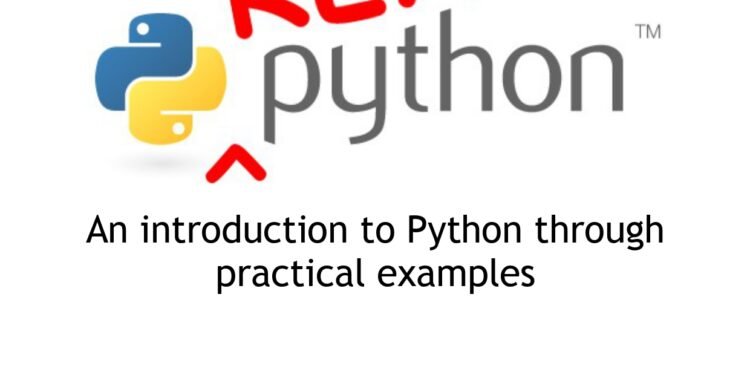100 Python Tips: Boost Your Programming Skills
Python has become one of the most popular programming languages in recent years. Its simplicity, versatility, and large community support make it an excellent choice for both beginners and experienced developers.
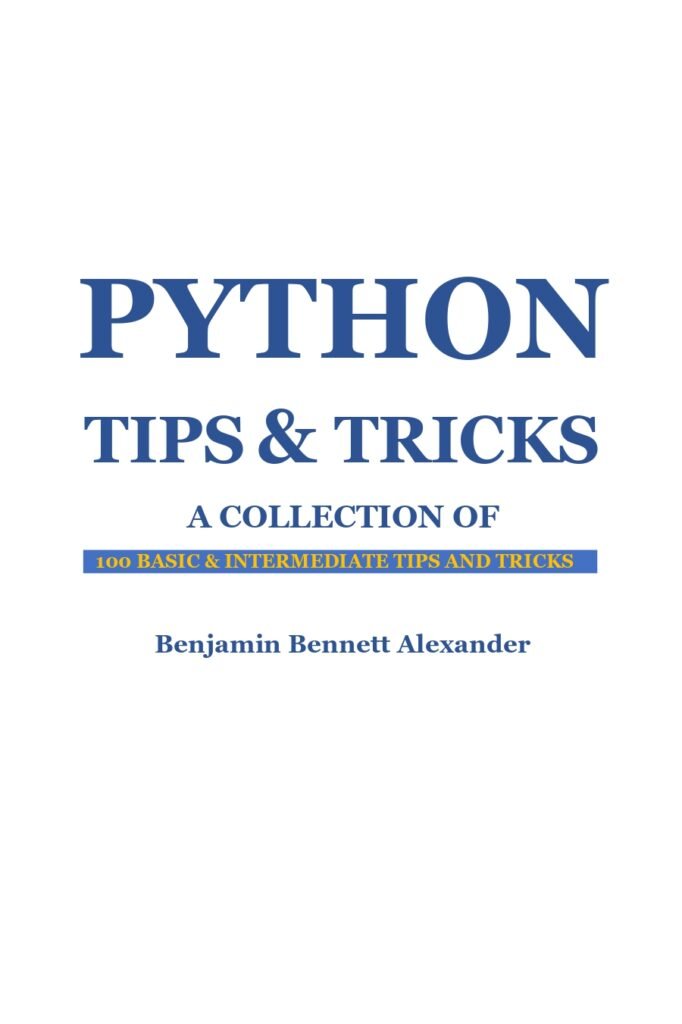


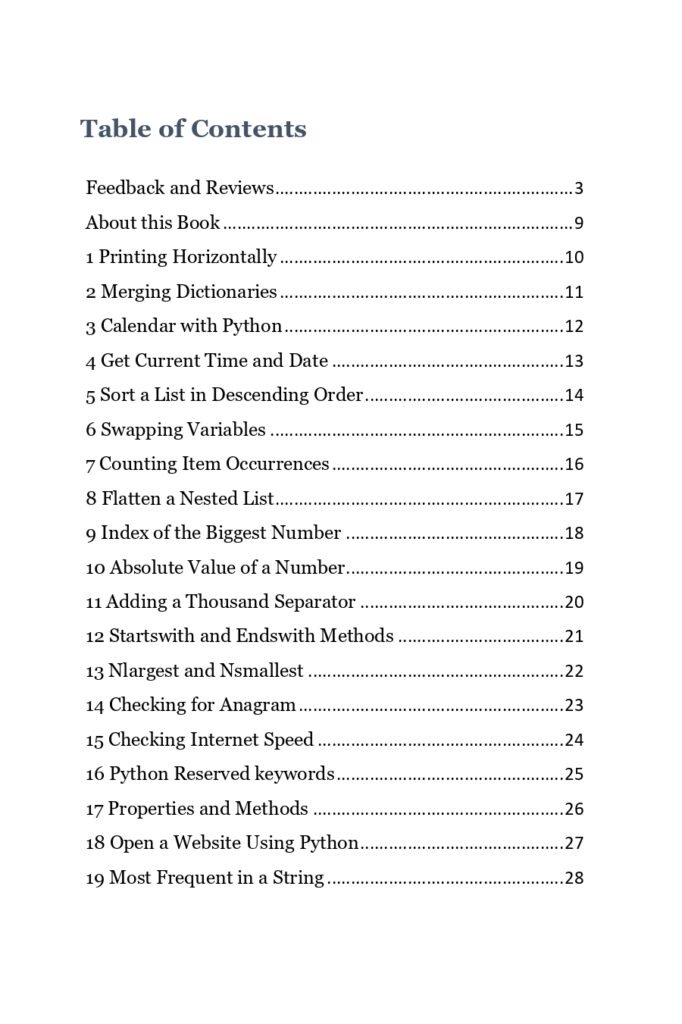
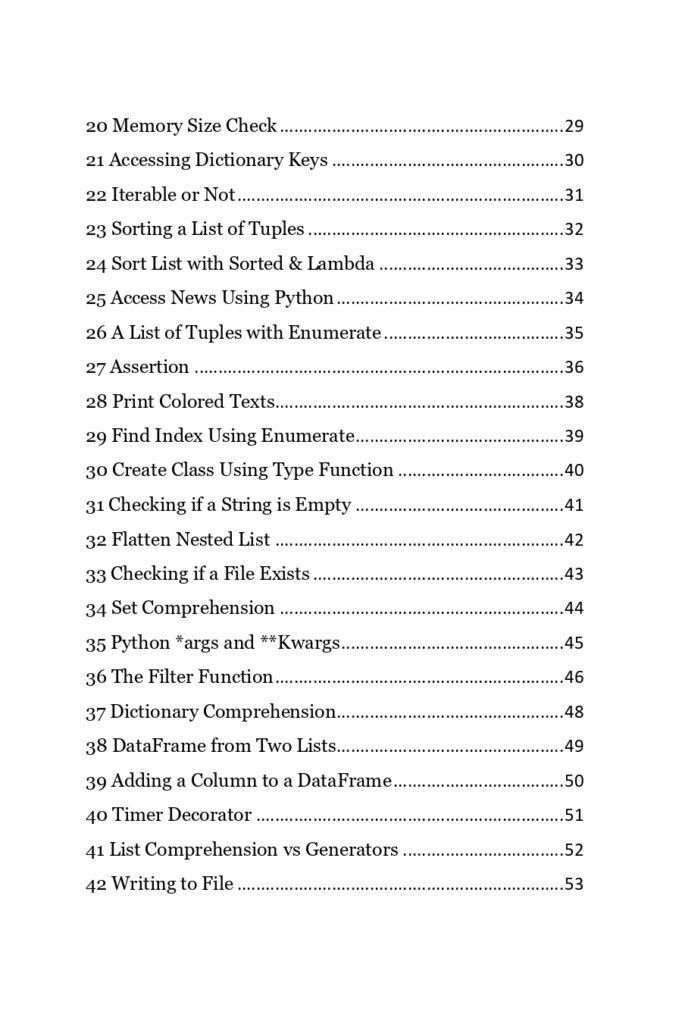
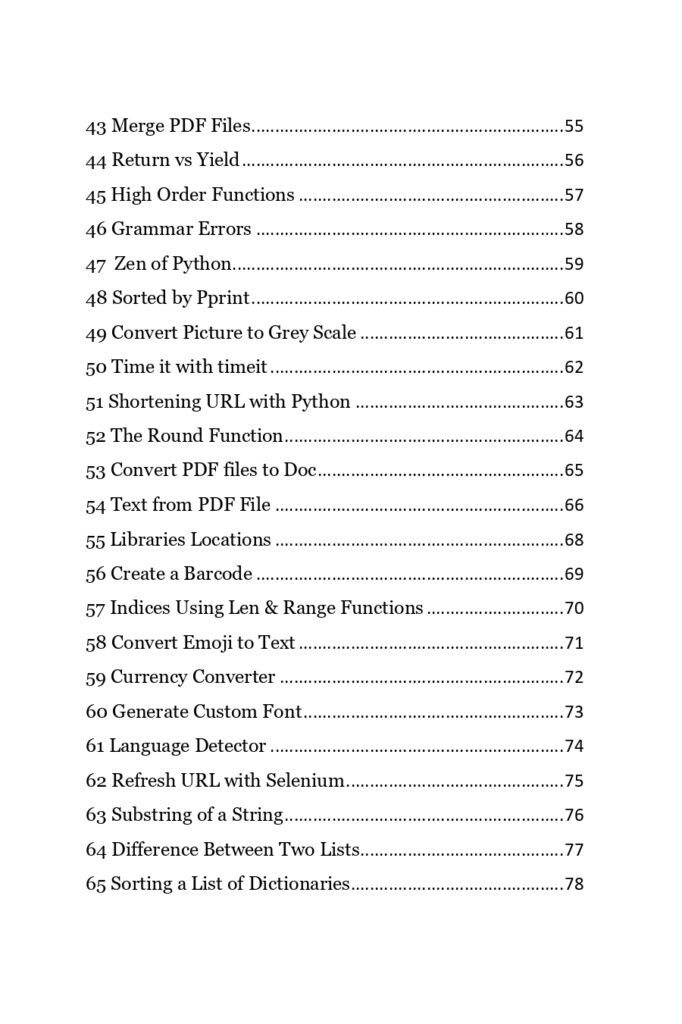
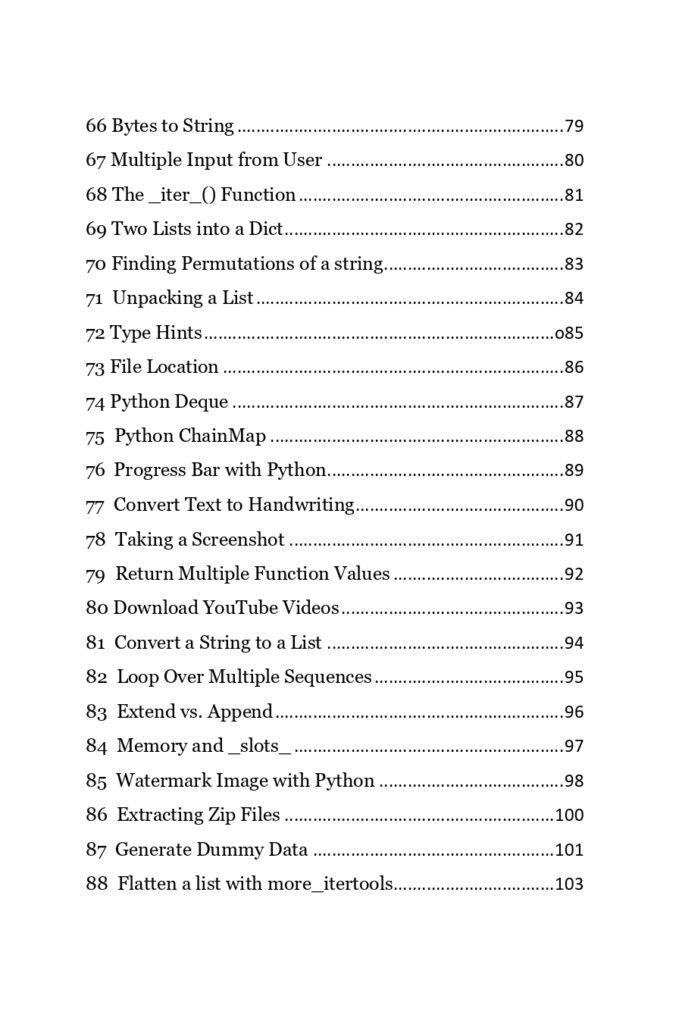
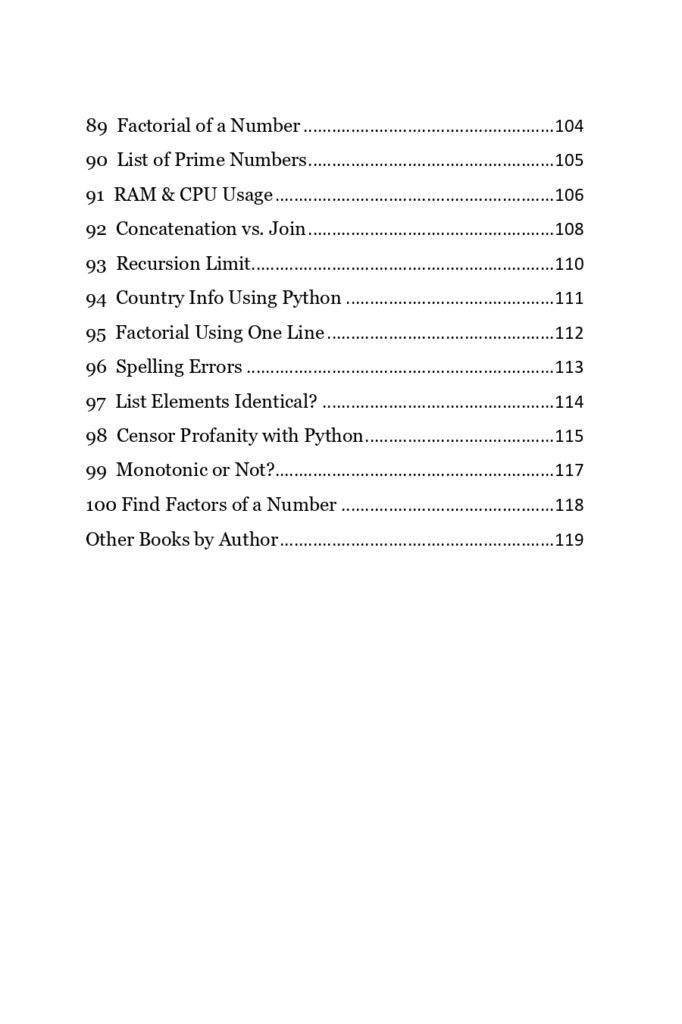
Whether you’re just starting out or looking to enhance your Python skills, we’ve compiled a list of 100 Python tips to help you level up your programming game.
1. Use Virtual Environments
Virtual environments provide a clean and isolated environment for your Python projects. They allow you to install and manage dependencies specific to each project, avoiding conflicts between different versions of libraries.
2. Leverage List Comprehensions
List comprehensions are a concise way to create lists in Python. They allow you to generate a new list by applying an expression to each element of an existing list, with optional conditions.
3. Take Advantage of Python’s Built-in Functions
Python provides a wide range of built-in functions that can simplify your code and make it more efficient. Functions like map(), filter(), and reduce() are powerful tools for manipulating data.
4. Use Generators for Memory-Efficient Iteration
Generators are a great way to iterate over large datasets without loading everything into memory at once. They generate values on the fly, making them memory-efficient and suitable for handling large amounts of data.
5. Understand Python’s Scoping Rules
Python has specific scoping rules that determine how variables are accessed within different parts of your code. Understanding these rules will help you avoid unexpected behavior and make your code more maintainable.
6. Document Your Code with Docstrings
Docstrings are a way to document your code within the source file itself. They provide a description of the purpose and usage of a function or module, making it easier for others (and your future self) to understand and use your code.
7. Use Context Managers for Resource Management
Context managers are a useful tool for managing resources, such as file handling or network connections. They allow you to automatically allocate and release resources, ensuring proper cleanup and avoiding resource leaks.
8. Take Advantage of Python’s Standard Library
Python’s standard library is a treasure trove of useful modules and functions that can save you time and effort. From handling dates and times to working with regular expressions, exploring the standard library can often provide a solution to your problem.
9. Use Namedtuples for Lightweight Data Structures
Namedtuples are a convenient way to define simple data structures without the need to create a full-fledged class. They provide named fields and can be used as lightweight alternatives to dictionaries or classes.
10. Optimize Your Code with Profiling
Profiling allows you to analyze the performance of your code and identify bottlenecks. Python provides built-in profiling tools like cProfile and line_profiler that can help you optimize your code and make it faster.
Conclusion
These are just a few of the 100 Python tips that can help you improve your programming skills. Whether you’re a beginner or an experienced developer, there’s always something new to learn in the world of Python. By following these tips and exploring the vast Python ecosystem, you’ll be well on your way to becoming a Python pro.
Remember, practice makes perfect. Don’t be afraid to experiment, ask questions, and dive deeper into the world of Python. Happy coding!


